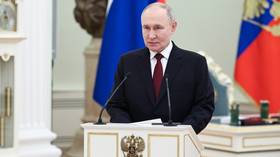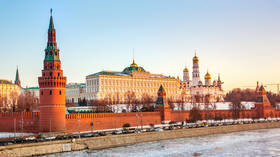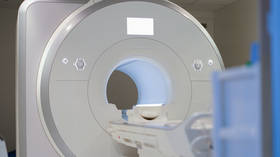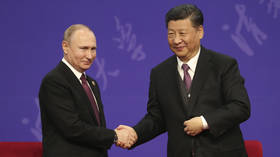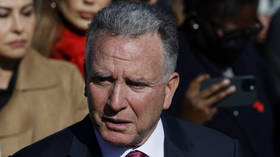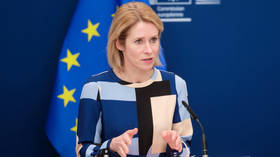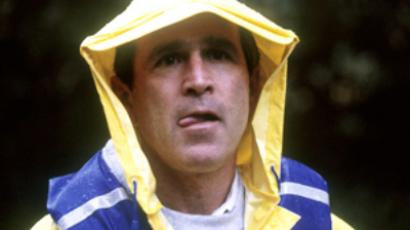Vatican smiles at Karl Marx legacy
An article in the Vatican newspaper shows a surprisingly positive attitude to the work of Karl Marx. The atheist philosopher’s works on the evils of social inequality and capitalism are relevant today, the author argues.
Marx’s criticisms of the social alienation affecting the working class and the injustice of a system in which most of the world capital belongs to a handful of people, have not lost their importance in modern society, says Georg Sans, a German-born professor of the history of contemporary philosophy at the pontifical Gregorian University. In his article in L’Osservatore Romano, he argues that Marx’s theories may help explain why this situation has not changed, reports British newspaper The Times.
“We have to ask ourselves, with Marx, whether the forms of alienation of which he spoke have their origin in the capitalist system,” Sans says. “If money as such does not multiply on its own, how are we to explain the accumulation of wealth in the hands of the few?”
At the same time he criticized Marxism as an ideology, saying communist regimes have distorted and marred Karl Marx’s intellectual legacy. “It is no exaggeration to say that nothing has damaged the interests of Marx the philosopher more than Marxism,” he said.
Marx himself is not beyond criticism too, the professor said, since he wrongly reduced a human being to no more than a product of his physical circumstances. His prediction that capitalism would inevitably crumble under internal contradictions has also proved false so far.
Earlier, the Catholic Church kept a hostile attitude towards Karl Marx and his legacy. Pope Benedict XVI singled out Marxism as one of the great scourges of the modern age, accusing it of damaging both material and spirit.
Marx joins a number of historical figures whose role the Vatican has reassessed recently. Last year it erected a statue of Galileo in a move to apologize for persecuting him over his support of heliocentrism. Later, a senior Catholic Church official said Darwin’s Theory of Evolution did not contradict the faith. And in July, L’Osservatore praised Oscar Wilde, the gay playwright, as “a man who, behind a mask of amorality, asked himself what was just and what was mistaken.”




